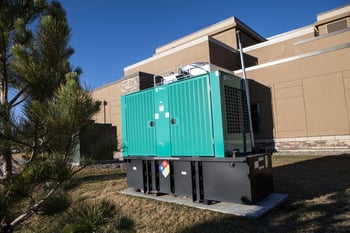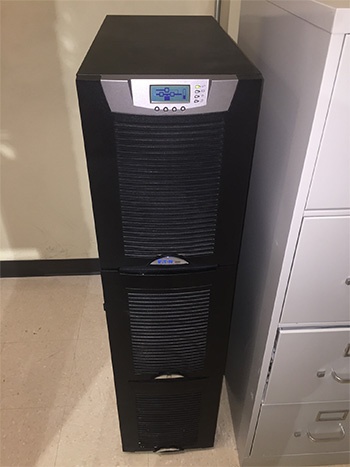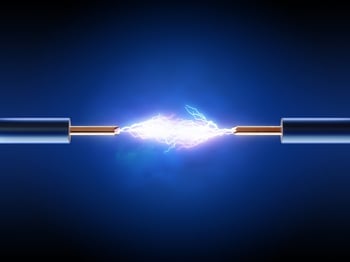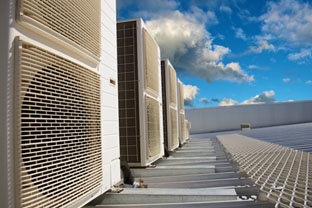 There are few things that are more disruptive to a business than interrupted power supply. Whether your business relies on computers alone or complex machinery, it cannot operate without power. In areas where power failures, blackout or brownouts are common, or where equipment uptime is critical at all times, that means that you need a backup plan. The two primary options are a backup generator or a UPS system. Here are the pros and cons of each.
There are few things that are more disruptive to a business than interrupted power supply. Whether your business relies on computers alone or complex machinery, it cannot operate without power. In areas where power failures, blackout or brownouts are common, or where equipment uptime is critical at all times, that means that you need a backup plan. The two primary options are a backup generator or a UPS system. Here are the pros and cons of each.
Pros and Cons of Backup Generators
Backup generators use propane, gasoline or diesel to generate power, and they are available in a range of sizes, from small portable units that can power one or two items, to large, wired in versions that can power an entire factory or warehouse. Smaller units are relatively easy to come by, and simple to operate, while larger generators can take time to arrive from a manufacturer, and will definitely require professional installation.
The downside to generators, aside from their fuel requirements, is that there is a lag between the power going off and the generator starting up. That lag can be as much as thirty seconds, depending on the size and configuration of the generator unit. Generators can also be noisy, give off fumes, and while they are usually fairly simple machines, you will still have to have a contractor inspect them from time to time.
Pros and Cons of UPS Systems
UPS systems, also known as Uninterruptible Power Supplies, are essentially very sophisticated batteries that are installed as an element of your power system. While the power is on, they charge on the current flowing through them, building up a store of power, and when the power goes out, they continue supplying power from the backup they have built up.
There is no lag or delay with UPS systems, which makes them great for critical installations where power must be stable at all times. They are also available in a variety of sizes and types, including personal UPS systems, which can be used to ensure that computer systems remain on long enough to shut down safely (well worth the investment for any business) to large units that can power your whole building.
UPS systems tend to be expensive, and they get more expensive the longer the battery back-up time provided. Because they are based on batteries, they can also be trickier to maintain and service.
A Hybrid of Both
If you are looking for a solution that offers the best of both worlds, you could design your backup power supply to power critical systems using UPS power, while other elements of your business run off a backup generator. There are many possibilities, and if you are concerned about power quality and backup power, it’s a good idea to discuss your needs with an electrical company, who can advise you about your options.
You may even decide to install backup solar or wind power, or to use some other method to power just the elements of your business that cannot be interrupted.








 Many residential (and some commercial) customers don’t realize that when they hire a general contractor to
Many residential (and some commercial) customers don’t realize that when they hire a general contractor to  Your business has certain energy needs throughout the year that can't be avoided, with heating and air conditioning among the most expensive. Colorado Springs winters call for increased heating bills for months at a time, but air conditioning is crucial during steamy summer months. Electric bills can make or break your budget, but there are ways to lower your bill during every month in the year. Consistent small fixes can add up to
Your business has certain energy needs throughout the year that can't be avoided, with heating and air conditioning among the most expensive. Colorado Springs winters call for increased heating bills for months at a time, but air conditioning is crucial during steamy summer months. Electric bills can make or break your budget, but there are ways to lower your bill during every month in the year. Consistent small fixes can add up to